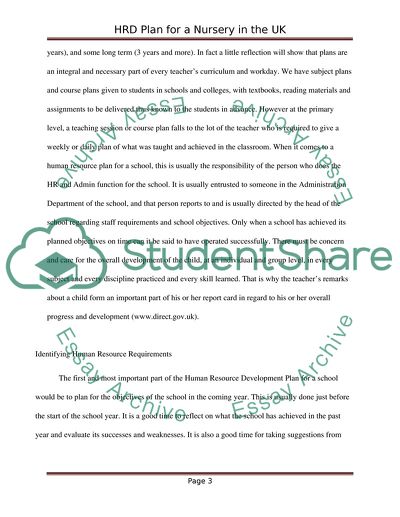Cite this document
(Human Resource Development Plan For a Nursery in the UK Assignment - 1, n.d.)
Human Resource Development Plan For a Nursery in the UK Assignment - 1. Retrieved from https://studentshare.org/nursing/1749806-human-resource-development
Human Resource Development Plan For a Nursery in the UK Assignment - 1. Retrieved from https://studentshare.org/nursing/1749806-human-resource-development
(Human Resource Development Plan For a Nursery in the UK Assignment - 1)
Human Resource Development Plan For a Nursery in the UK Assignment - 1. https://studentshare.org/nursing/1749806-human-resource-development.
Human Resource Development Plan For a Nursery in the UK Assignment - 1. https://studentshare.org/nursing/1749806-human-resource-development.
“Human Resource Development Plan For a Nursery in the UK Assignment - 1”, n.d. https://studentshare.org/nursing/1749806-human-resource-development.


